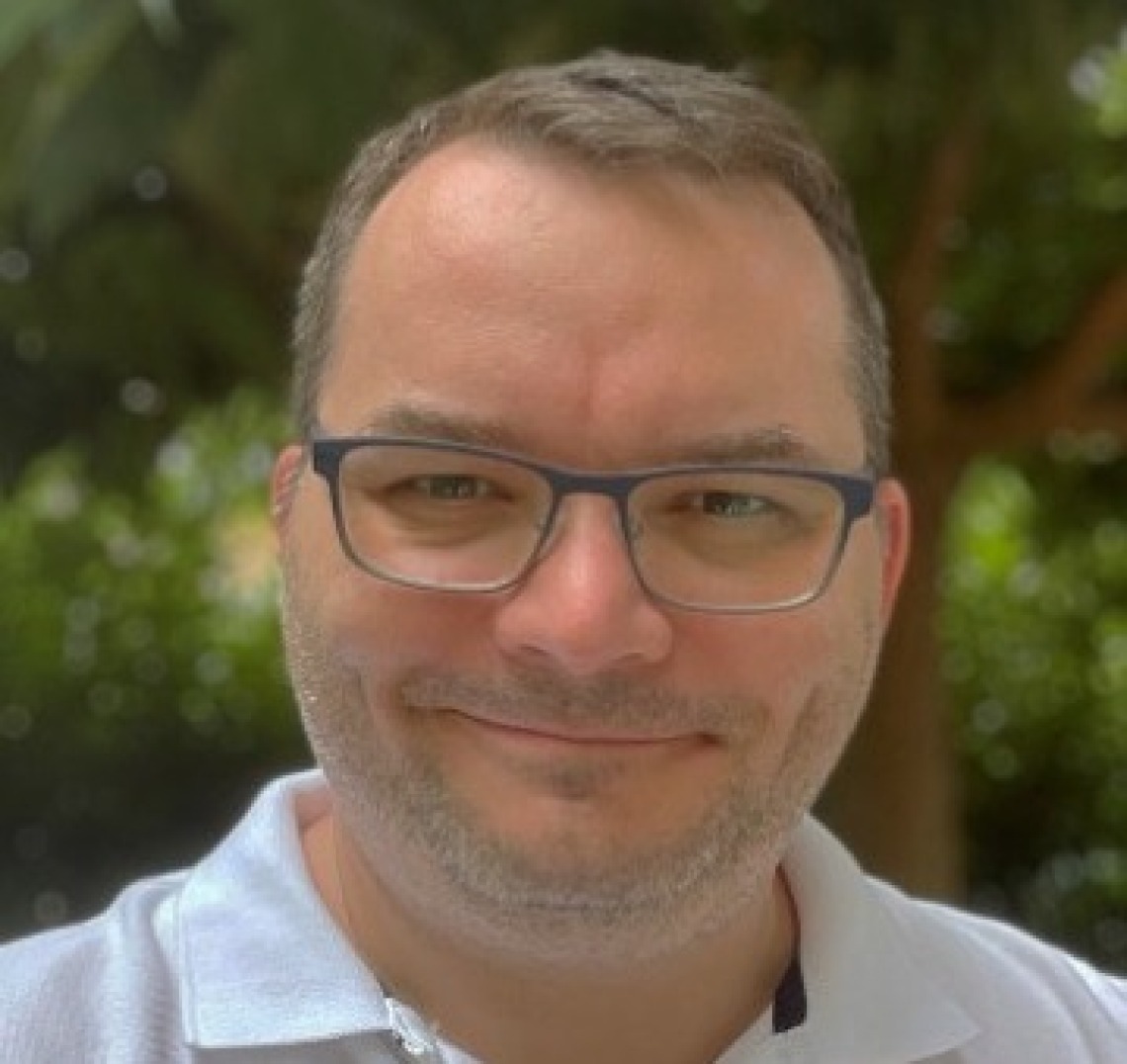Steward Observatory’s Dr. Daniel Apai Receives Lifetime Honor for Distinguished Contributions to Astrobiology and Astrophysics

Daniel Apai—Professor of Astronomy and Planetary Sciences and Interim Associate Dean for Research, College of Science—has been elected as a AAAS Fellow
The American Association for the Advancement of Science (AAAS) has announced its newest class of AAAS Fellows, which includes Steward Observatory’s Professor of Astronomy and Planetary Sciences Daniel Apai. Dr. Apai is one of only 502 scientists across the nation to receive this honor—a distinguished lifetime honor within the scientific community.
Apai becomes a AAAS Fellow in the 150th year of their program in recognition of his “distinguished contributions to the field of astrobiology and astrophysics, particularly for advancements in our understanding of habitable exoplanets and planetary systems.” His work on extrasolar planets and astrobiology is advancing the field toward the statistical assessment of the properties and potential inhabitation of Earth-like planets. This is a highly interdisciplinary endeavor that connects experts from a broad range of field. “I feel fortunate to have been able to do my research as member of the superb scientific communities of Steward Observatory and LPL, and that I was able to collaborate with biologists, ecologists, chemists, and mathematicians at The University of Arizona,” Apai said. “The recognition of my work also highlights UArizona’s excellence in exoplanets and astrobiology research.”
“As we celebrate the 150th anniversary of the AAAS Fellows Program, AAAS is proud to recognize the newly elected individuals. This year’s class embodies scientific excellence, fosters trust in science throughout the communities they serve, and leads the next generation of scientists while advancing scientific achievements,” said Sudip S. Parikh, Ph.D., AAAS chief executive officer and executive publisher of the Science family of journals.
The AAAS is the world’s largest general scientific society and has been serving society and advancing science since 1848. Apai said, “the AAAS Fellowship will allow me to represent UArizona research at a national level and to advance and expand the studies of extrasolar planets and astrobiology internationally.”

